Homecoming
‘It’s been a long time.’
Sometimes, it is the most unlikely of places from where inspiration stirs us; leaving ourselves with an invaluable opportunity of self-reflection. Life is like that; it likes to surprise. It likes to give us the benefit of the doubt. It likes to give us moments of redemption; a chance of moving on. It was one such unlikely conversation on monsoon that took place which made me realise that I was infatuated by a season which wasn’t a favourite of many. I had no concrete excuse for this incredulous fascination and this, along with a few other events occurring simultaneously in life, paved way for a long overdue epiphany, on subjects both related to the precursor of said epiphany -and beyond.
***********************
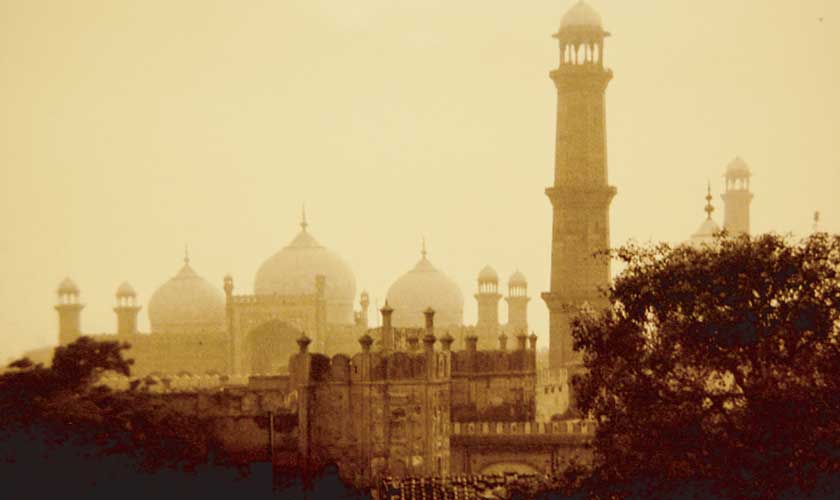
‘Tau tum kia younhi hawa se giri ho?’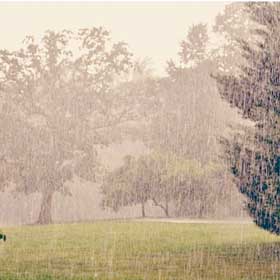
An idea, a spoken word or a passing remark can leave imprints on your mind long after it is first said. The speaker may hold no significance for you any longer, but the cacophony he leaves you in still weighs you down. Unknowingly, it hooks you to its womb; refusing to let go. My first real encounter with the concept of roots took place when an annoying classmate had directed this jibe at me when I’d confessed I didn’t have any ancestral village like most of my other friends - I was a city girl. Plain and simple. Parts of the city were my village and parts were home. My past and present. Now, I’d been suddenly endowed with a newer, stranger manifestation: that you don’t come from cities. You can’t come from cities. For the first time in life I was introduced to the notion that genealogy isn’t always that simple. And this knowledge unknowingly became the hook to which I was to remain attached with for a long, arduous time.
Of course, back then I had conveniently overlooked a parallel truth: genealogy may not be simple, but it isn’t as convoluted as we make it up to be either. It just is.
*************************
‘Har mulaqaat pe mehsoos yahi hota hai’
Mujh se kuch teri nazar pooch rahi ho jaisay.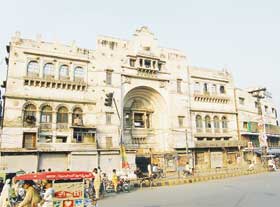
Time stands still in Lakshmi Chowk, Lahore. Mariam knows this because Mariam the third grader and Mariam the college freshman feels the same when she visits it. Someone lost. Someone found. Standing in the balcony of her dada’s house, she often wonders if she is happy or sad when she comes there. Was she welcomed or shunned? She hopes the winds of the Old City might confer upon her the answer to this riddle, but all she ever gets from the wind in response is a silent brush against her cheek. She doesn’t know how to read the wind’s touch. Is it an invitation to stay, or a warning to leave?
*************************
‘Hum kon hain, kyun hain?’
Lucky are people who look for closure and find it. As if closure was there all along, like a child hiding in a corner waiting for you to come search for it and take it back home with you. Men of wisdom often talk about it in fancy words. They’ve written long passages on the pains of suffering in verses that have for long stunned the human race. They’ve all been raved as giants of the world of the academia. And they all have contrasting opinions and predispositions on many serious matters that plague the world except for one.
When it comes to the Partition, they all converge on a single focal point: there is no closure.
*************************
‘Kuch hain bhi, ya kuch bhi nahin hain?’
For most third generation immigrants, the question of identity is pushed to the back of the subconscious as other unresolved issues take precedence over the pining for an invisible home. Unless an unusual occurrence becomes the catalyst which brings it to surface. The discussion on ancestral villages became that trigger for her. Suddenly, she was conscious of the fact that roots were important. This was a new feeling; she’d never felt like an outsider before. Like an encroacher. When calling herself Lahori, she’d always been at peace. Now, she felt as if she’d hijacked someone else’s identity while her own lay hidden somewhere in a cavern so deep it would take her years and years to extricate it. What was she supposed to do? The fallacy of living in the fantasies of Amritsar had begun to claw her; a city with which the only real connection she had was that her grandparents migrated from there in ‘47. She couldn’t call Amritsar home - but was the present where she truly belonged?
*************************
‘Carpe Diem’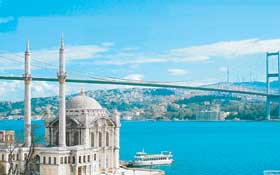
When baba returns from Istanbul, he cannot stop gushing about it for a long time. He remembers the city with awe and speaks of its mosques in golden words. He brings us souvenirs of all shapes and sizes, but my favourite souvenir isn’t anything material. It is the stories he tells us. Of incidents big and small, encounters short and long, and magnanimity far and wide. But what I prize even more is the glimmer in his eyes when he tells me something else, something personal; more delicate than any other sentence he’d ever uttered about the city by the Bosphorus. ‘It reminded me of home you know; Istanbul reminded me of Lahore in so many beautiful ways.’
In that moment, I finally know.
*************************
‘Home is where the heart is.’
As Mariam’s car turns to the Mall Road in the early hours of dawn, she marvels at the cauldron of secrets that is her hometown. Not every city can make love to the past and stay true to the future at the same time, but hers can. It romances the future, courts the present and can stay in unconditional love with the past all at once. It never ceases to amaze her how layered the place is; like a rose. Even the wind here works differently; absorbing stories in its impenetrable vacuum. It’s a palace built on the foundation of layers. She smiles when she passes by the Alhamra Arts Complex; it was here where her parents had first met. They’d gotten married soon afterwards. As she turns to Lakshmi Chowk, she parks her car in front of a dying concrete relic - her dada’s home is now just a few footsteps away. No one lives there anymore, but she often visits it by herself. For a solitary person like her, it’s easier that way to pay homage. To relive a legacy she was too late in realising she had always been a part of. To remind herself of where she came from. Standing in the balcony of her dada’s place, she often inhales the Old City wind.
She was now an expert on the wind’s language.
*************************
‘We were terrible lovers, but we were excellent friends.’
Sometimes we find ourselves in a place we never thought we’d ever be in. A crossroads of sorts. We aren’t entirely sure how we got there or if we’re ever getting out of it. In that moment we’re just there. And as much as we like to deny it, the truth is we like being there. For an outsider our obsession seems nothing short of absurd and unhealthy. For how can someone love something so suffocating, so inconvenient? Little do they know that we’re all hooked to something; an idea, a spoken word or a passing remark. Humans have an inane tendency to create self-made horcruxes. Most of the times, we never really know about them ourselves until someone comes along and shows us the mirror.
These thoughts ran across my mind as I looked down the street from my window one rainy afternoon in my apartment. The downpour was my first in the city. It was also what reminded me of the conversation I’d had with my friend over the phone yesterday. I’d told her of all the things I’d miss in my two-year stay abroad. One of them was the monsoon. ‘Why would you miss something as suffocating as that?’ She’d amusingly asked. ‘I...I don’t know,’ had been my response. I still wouldn’t have found the answer until my roommate had asked me an innocuous question. ‘Mariam, where’s your home in Pakistan?’ It was then that I figured it all out.
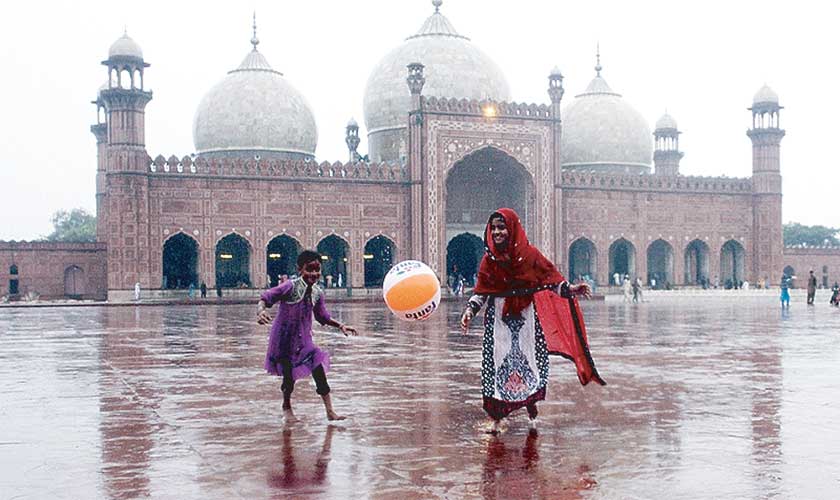
My love for the monsoon began long before I was born and it will last even longer; even after I’ve become dust. It exists in my grandparents’ lives, who had migrated to Pakistan in the season of monsoon, and it exists in my own life. It grounds me to my roots and pegs me to my ultimate present. It reminds me of who I am. Monsoon brings me home. ‘Lahore,’ I had replied to my roommate in the calm brazen confidence of someone who’d just been found after being lost for a long, long time.